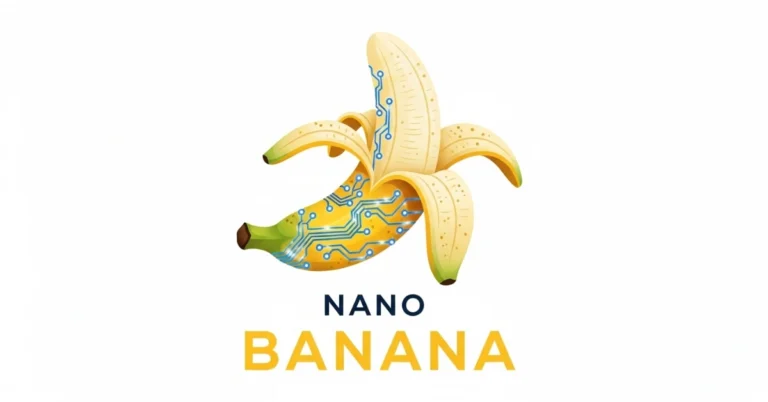A new startup called Songscription has entered the scene with a product that uses AI to automatically transcribe music. Launched last week, the company allows musicians to upload audio files and receive sheet music within minutes. Whether you’re a professional or a hobbyist, the platform is designed to save time and make music creation more accessible. According to CEO Andrew Carlins, a Stanford MBA and Education student, the vision is to support people like high school music teachers in small towns who want sheet music tailored to their band’s specific instruments and skill levels.
At launch, Songscription’s transcription tool works best for piano but already supports multiple instruments. The team plans to expand its capabilities to include guitar tabs and full band arrangements in future versions. For those who can’t read sheet music, the app also generates piano roll visuals, offering a more intuitive way to follow along. One standout feature is the ability to transcribe directly from YouTube links, though this raises questions about how copyrighted content is handled. While users must confirm they have the right to upload a file, the system relies on self-reporting, leaving room for potential misuse.
The legal boundaries around this type of AI remain unclear. Carlins acknowledges that while listening to a song and writing down notes manually is allowed for personal use, automating that process with a digital tool enters uncertain territory. Still, he believes Songscription remains on solid ground by focusing on transcription and editing tools rather than generating original music. In his view, the platform serves as an assistant, helping users move faster through what has traditionally been a manual process.
To build its AI models, the company used a mix of public domain sheet music, licensed performances, and synthetic data. Co-founder Tim Beyer, who previously co-authored a research paper with Angela Dai, helped develop the underlying architecture. By converting sheet music into audio and then adding imperfections like background noise or reverb, the team created realistic training scenarios that mimic real-world conditions.
In just seven months, Songscription has attracted attention from investors. The company raised a pre-seed round from Reach Capital and is now part of Stanford’s StartX accelerator. As AI continues to reshape the creative process, Songscription hopes to position itself not as a disruptor of artistry but as a supportive tool that helps musicians focus more on playing and less on paperwork.
📲 Get the latest Tech & Startup News on our WhatsApp Channel
👉 Join Now



